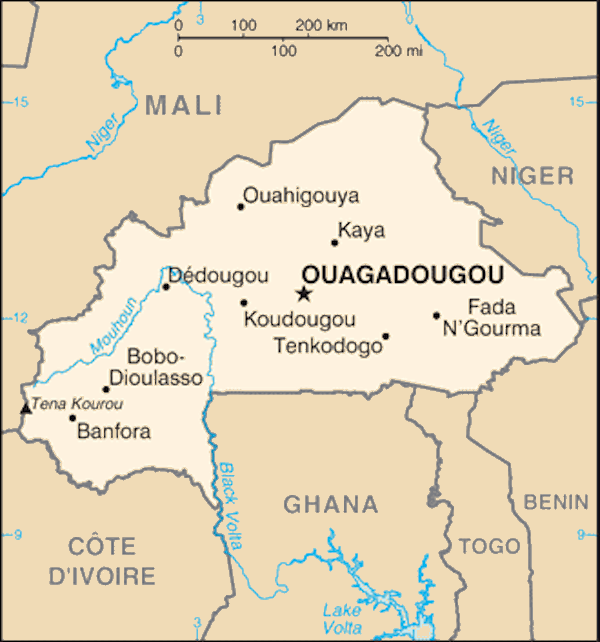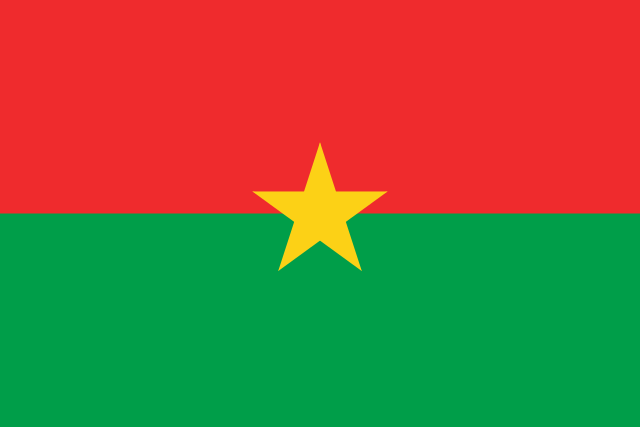Yesterday, Burkina Faso made the next step in its transition with Michel Kafando, the country’s former longtime UN Ambassador, being formally sworn in as the civilian Interim President until elections are held next November.
However, in a troubling development announced Wednesday, Lt. Col. Isaac Zida — who headed the military government for three week’s following the October 31 and November 1 coups, was appointed Interim Prime Minister, the crucial post which will actually appoint all the cabinet ministers for the coming year.
Civilians consider Zida’s appointment as a betrayal of their “revolution” and Guy Herve Kam, spokesman for the Citizen Broom association said “we are worried, but that’s all.”
There are reports that Western diplomats have advised against Zida’s nomination.
A senior military official revealed that the military and the politicians had a gentleman agreement. He said that “it was on this understanding that we gave the post of president… to civilians.”
In another worrying turn, it was revealed that the Transitional Charter governing the country for the next twelve months will include an interim legislature, as opposed to the restoration of the existing (elected) National Assembly, suspended by the military during the coup. That would make sense if the principle of the move was to rectify the fact that the Assembly’s composition is heavily skewed toward the ruling party of former dictator Blaise Compaoré, except that we have no idea who will choose its members. And that’s a bad sign…
As traced on this blog in the past three weeks, initially promising suggestions of a representative process to choose an interim president from suggestions by a wide range of interest groups and constituencies ended up simply evolving into the military submitting a short list of candidates (with a clear preference for Kafando), followed by the appointment of the coup leader to the prime minister’s post. We can reasonably expect a similarly flawed selection process for the temporary legislature, with a heavy hand of the military behind the scenes.
However, as I argued previously, it’s still possible (though unlikely) that this is less a power grab and more a recognition of political realities in a country stunted by 27 years of one-man-one-party rule and fractured opposition:
In fact, I’m not fully convinced that a stable transition is even possible in Burkina Faso without substantial military involvement (and heavy supervision from the international community). On the one hand, military-guided transitions to democracy have a super high failure rate (not sure if that’s adjusted for economics though); so that’s an argument for a rapid transfer. But on the other hand, Burkina Faso has 40+ political parties, an absurd and borderline non-functional constitution (now suspended by the military), no legitimate successor to the presidency, and so on. Thus, I’m kind of thinking the military might actually be the only valid option here for overseeing the transition, as it serves as a unifying factor cutting across competing affiliations.
I just don’t think Zida can be trusted any more, if he ever could, now that he’s maneuvered himself into the premiership, a job he has no place being — both in terms of governance experience and in terms of permitting a legitimate transition to democratic, civilian rule.
And then there’s this reminder from Reuters:
Zida, previously considered a close ally of the president, received counter-terrorism training in the United States in 2012 on recommendation from the U.S. Embassy in Ouagadougou. He attended a second U.S. military course in Botswana.





